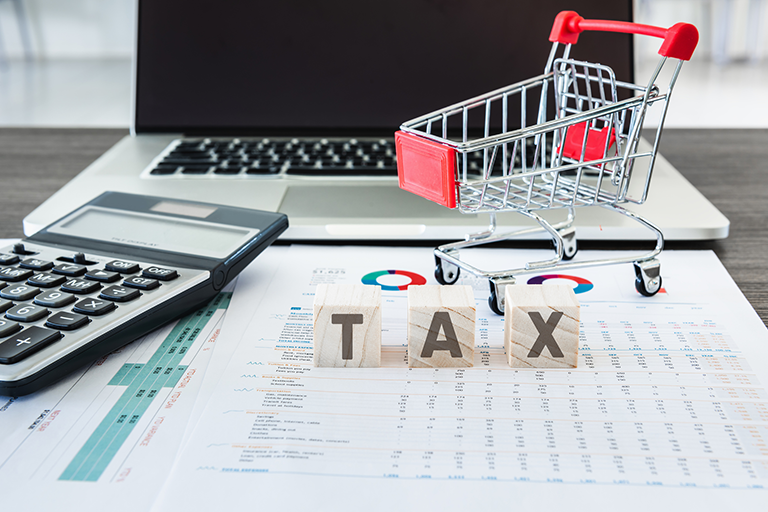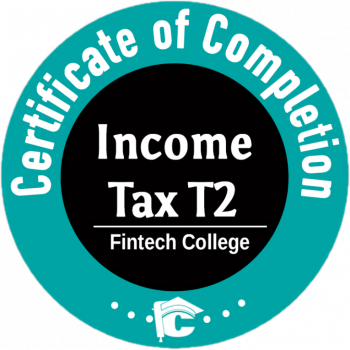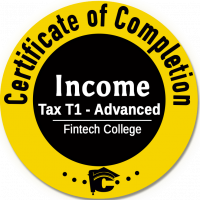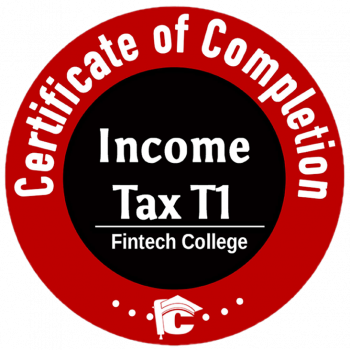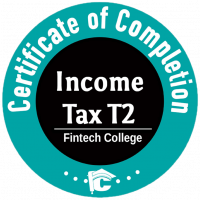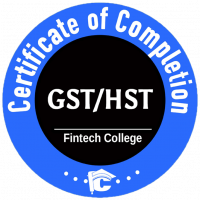Read for GST/HST Course
Goods and Services Tax/Harmonized Sales Tax (GST/HST) Health Care Rebate
In 2005, the GST/HST public service body rebate for hospitals was expanded to include qualifying charities and non-profit organizations that provide health care services similar to those traditionally performed in hospitals, in certain instances. One of the conditions of the expanded hospital rebate is that a charity or non-profit organization deliver the health care service with the active involvement of, or on the recommendation of, a physician, or if in a geographically remote community, with the active involvement of a nurse practitioner.
The budget proposes to amend the GST/HST eligibility rules for the expanded hospital rebate to recognize the increasing role of nurse practitioners in delivering health care services, regardless of location. As such, the rebate entitlement will no longer distinguish between health care services rendered by a physician and those provided by a nurse practitioner.
This measure will apply to claim periods that end after April 7, 2022, for tax paid or payable after that date.
GST/HST on Assignment Sales by Individuals
An “assignment sale” is the resale of housing before it is constructed or lived in. Currently, when a person makes a new home assignment sale, Goods and Services Tax / Harmonized Sales Tax (GST / HST) may or may not apply, depending on the situation. To address the perceived non-compliance of the current rules by housing speculators, the Budget proposes to make all assignment sales of newly constructed or substantially renovated residential housing taxable for GST / HST purposes, effective May 7, 2022.
Taxation of Vaping Products
Budget 2022 proposes to implement the previously announced excise duty on vaping products (that do not contain cannabis), effective as of October 1, 2022. The proposed federal excise duty rate would be $1.00 per 2 mL, or fraction thereof, for containers with less than 10 mL of vaping liquid. For containers with more than 10 mL, the applicable federal rate would be $5.00 for the first 10 mL, and $1.00 for every additional 10 mL, or fraction thereof. The Government is also proposing a coordinated vaping taxation framework with the provinces and territories, in which revenues would be shared between governments.
Measures on Alcoholic Beverages
World Trade Organization (“WTO”) Settlement on the 100% Canadian Wine Exemption: In 2018, the 100% Canadian wine excise duty exemption was challenged at the WTO. Canada reached a settlement on this dispute in July 2020, in which it agreed to repeal the excise duty exemption by June 30, 2022; as a result, Budget 2022 proposes to repeal the 100% Canadian wine excise duty exemption.
Beer Taxation: Budget 2022 proposes to eliminate excise duty for beer containing no more than 0.5% ABV.
Cannabis Taxation Framework
The Budget proposes various changes to streamline, strengthen, and adapt the cannabis excise duty framework. Proposed changes would generally come into force once the enabling legislation receives Royal Assent.
- To allow licensed cannabis producers to remit excise duties on a quarterly rather than monthly basis. This option would only be available in respect of a fiscal quarter, beginning on or after April 1, 2022, of a licensee that was required to remit less than a total of $1M in excise duties during the four fiscal quarters immediately preceding that fiscal quarter.
- To allow the Canada Revenue Agency to approve certain contract-for-service arrangements between two licensed cannabis producers.
- To amend the penalty provision for lost stamps so that the higher penalty for losing stamps for a province or territory with an additional cannabis duty adjustment only applies if the adjustment rate is greater than 0%.
- That existing cannabis penalty provisions would also apply to situations where unlicensed parties illegally possess or purchase cannabis products, and where licensed parties illegally distribute cannabis products.
- To exempt holders of a Health Canada-issue Research Licence or Cannabis Drug Licence from the requirement to be licensed under the excise duty regime.
- To allow the CRA to issue licences that would be valid for up to the lesser of five years or the longest period for which the relevant Health Canada licence or licences are valid.
To learn more about Sales Tax, browse our course and Download Syllabus
https://www.fintechcollege.ca/income-tax-t2/
This material is for information purposes only and should not be construed as providing legal or tax advice. Reasonable efforts have been made to ensure its accuracy, but errors and omissions are possible.

